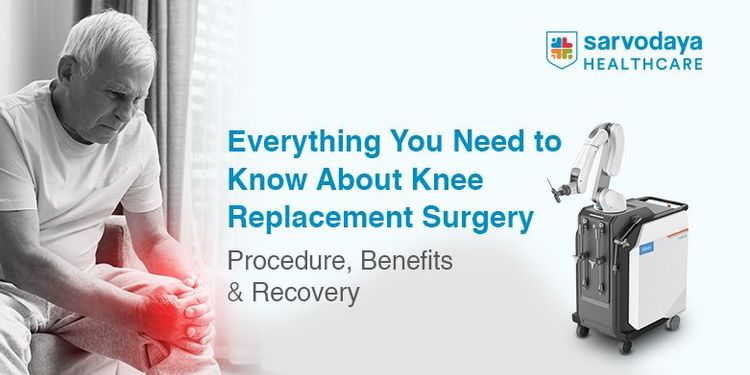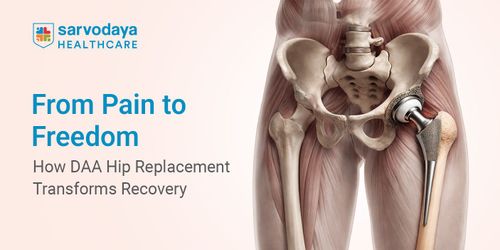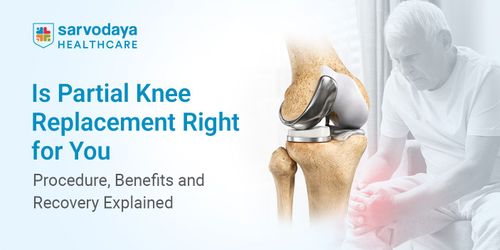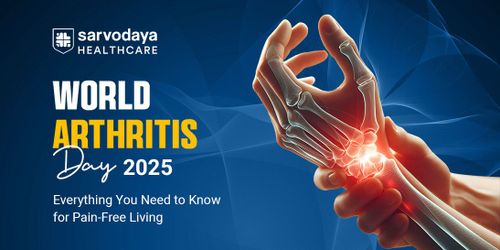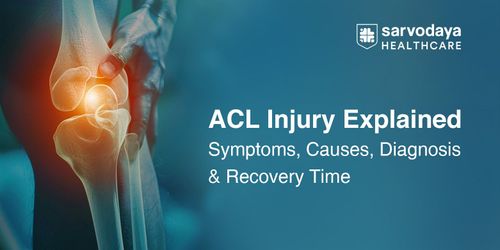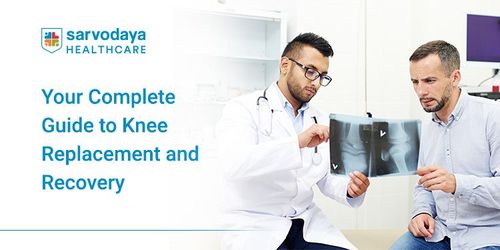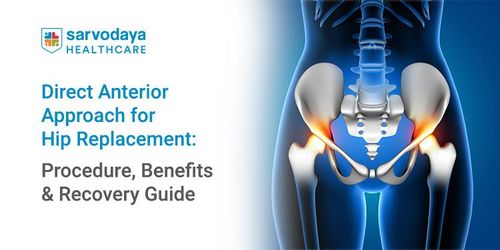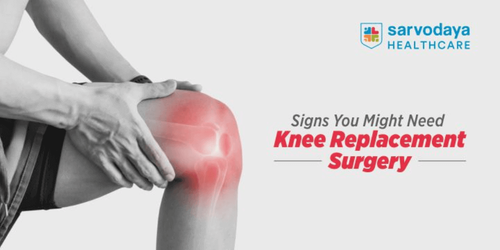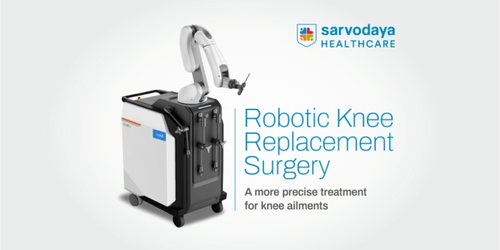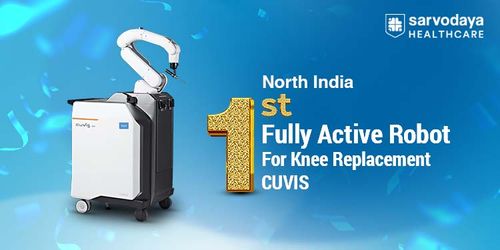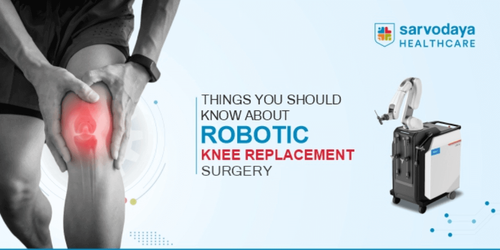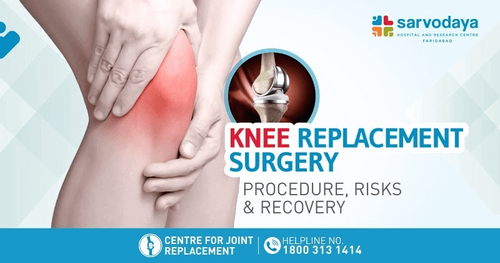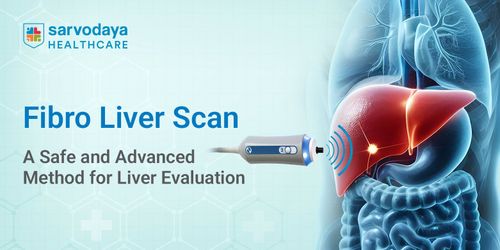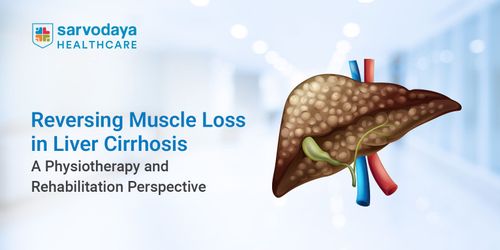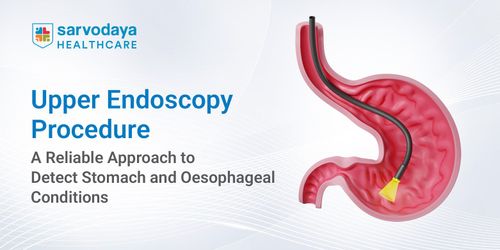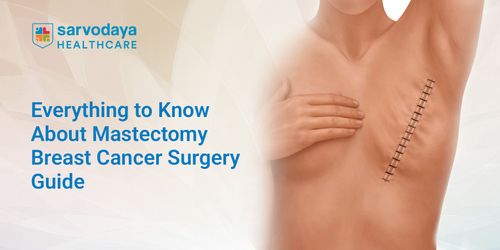Living with chronic knee pain is both physically limiting and emotionally draining. From walking short distances to climbing stairs or even sleeping comfortably, the pain can affect almost every aspect of life. Over time, untreated joint pain not only restricts movement but also impacts confidence and overall well-being.
In this blog, we will explore knee replacement surgery, why it is considered one of the most effective treatments for severe arthritis and joint deterioration, and how advanced options like robotic knee replacement are transforming patient outcomes.
Understanding Knee Replacement Surgery
Knee replacement surgery is a proven surgery designed to restore function and reduce pain in damaged knee joints. Also known as total knee arthroplasty, it involves replacing the worn-out surfaces of the knee with artificial components. These implants are usually made of high-grade metal, plastic, or ceramic, allowing the joint to move smoothly again.
There are two main approaches:
- Traditional knee replacement surgery: A conventional method where the surgeon manually positions the implant.
- Robotic knee replacement: An advanced, technology-driven technique that provides higher accuracy, smaller incisions, faster recovery, and reduced risk of complications.
Advantages of Knee Replacement Surgery
For those struggling with severe and persistent pain, knee replacement surgery can be life-changing. It not only brings relief but also restores independence, allowing patients to return to activities they once avoided. Below are the key benefits:
Long-term joint pain relief
- The most direct outcome of surgery is a significant reduction or elimination of chronic knee pain.
- It provides lasting relief where medications and therapies have failed.
Restored mobility and flexibility
- Patients notice a marked improvement in movement.
- Activities like walking, bending, and climbing stairs become easier.
Improved quality of life
- Day-to-day tasks no longer feel like a challenge.
- Patients regain the ability to engage in hobbies, social events, and work without restrictions.
Psychological benefits
- Increased physical activity helps improve mental well-being.
- Regaining mobility boosts confidence and independence.
Advantages of robotic joint surgery
- Smaller incisions, faster healing, and less post-operative discomfort.
- Enhanced precision ensures better alignment, improving the long-term function of the knee joint.
With these benefits, many patients find the surgery not just a treatment but a new beginning.
Read More- Knee Arthritis Explained: Signs, Causes and Treatment
Recovery and Rehabilitation After Knee Surgery
The total knee replacement recovery time depends mainly on post-surgical care and physiotherapy. Patients should expect a carefully structured rehabilitation process, which usually includes the following phases:
Immediate recovery (first few days in hospital)
- Monitoring for complications, managing pain, and starting basic physiotherapy.
- Use of walking aids such as crutches or walkers to support early mobility.
Early recovery (first 6 weeks)
- Daily physiotherapy to restore strength and flexibility.
- Gradual increase in weight-bearing and walking distance.
- Most patients can resume basic daily activities within this period.
Intermediate recovery (6 weeks to 3 months)
- Improved range of motion and strength.
- Reduced reliance on walking aids.
- Patients can usually return to office work and light activities.
Complete recovery (6 to 12 months)
- Complete restoration of movement and return to low-impact activities such as swimming or cycling.
- Long-term success depends on following medical advice and maintaining a healthy lifestyle.
Recovery is a gradual process, but with commitment to physiotherapy and lifestyle changes, patients can look forward to an active and pain-free life.
Alternatives to Knee Replacement Surgery
Not all patients with knee movement issues require surgery immediately. In the early stages of arthritis or joint damage, doctors may recommend non-surgical treatments for knee pain. These non-surgical alternatives can provide relief, though they may not be suitable for advanced conditions.
Some common alternatives include:
- Medications: Pain relievers and anti-inflammatory drugs to manage symptoms.
- Physiotherapy: Targeted exercises to strengthen the muscles supporting the knee joint.
- Injections: Corticosteroid or hyaluronic acid injections to temporarily reduce pain and improve mobility.
- Lifestyle changes: Weight management, low-impact exercises, and activity modifications to reduce stress on the knee.
- Supportive devices: Use of braces, walking aids, or shoe inserts to improve stability and reduce strain.
While these methods may delay surgery, they cannot stop joint deterioration in severe cases. When pain persists despite these treatments, knee replacement surgery in Delhi NCR becomes the most effective long-term solution.
Choosing the Right Orthopaedic Surgeon and Hospital
The outcome of robotic joint surgery or traditional surgeries depends heavily on the surgeon's expertise and the hospital's facilities. Choosing the right place for treatment is as important as deciding to undergo the surgery itself.
Here are some key factors to consider when selecting a healthcare provider:
- Experience of the surgeon: Opt for an experienced orthopaedic surgeon in Delhi with a proven track record in knee replacement surgeries.
- Technology used: Hospitals that offer robotic knee replacement in Faridabad provide advanced care with improved accuracy and shorter recovery times.
- Rehabilitation support: A comprehensive physiotherapy programme post-surgery is essential for long-term success.
- Infrastructure and safety standards: Modern operating theatres, infection control practices, and round-the-clock monitoring enhance patient safety.
- Patient feedback and reputation: Look for the best knee replacement Hospital in Delhi NCR by checking reviews and patient stories.
Read More- Robotic Knee Replacement Surgery: A More Precise Treatment for Knee Ailments
Conclusion
Knee replacement surgery has transformed the lives of countless people living with chronic knee pain. For those who have tried medications, injections, and physiotherapy without relief, surgery provides a permanent solution to restore movement and independence.
At Sarvodaya Hospital, Faridabad, patients receive comprehensive care under highly experienced orthopaedic doctor in Delhi NCR. The hospital combines advanced facilities, with personalised rehabilitation programmes to ensure the best possible recovery. Sarvodaya also offers robotic joint surgery for knee replacement, which provides exact implant placement for better joint alignment and long-term durability. Its benefits include smaller incisions, reduced pain, and a faster recovery as compared to traditional methods.
Book an appointment now to consult an expert orthopaedic surgeon for a safe surgery leading to improved mobility and a better quality of life.
Our Specialists Available here Also:
- Robotic Joint Replacement Doctor in Faridabad
- Robotic Joint Replacement Doctor in Greater Noida
- Robotic Joint Replacement Doctor in Noida
- Robotic Joint Replacement Doctor in Delhi


